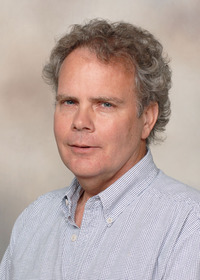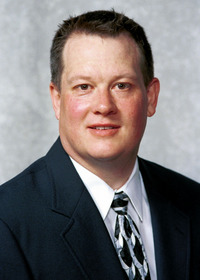Lawns as environmental helpers (04-04-05)
Most of us have become more environmentally conscious and are willing to “pitch in” to help the environment by recycling our aluminum cans, plastic containers, used motor oils and perhaps purchasing more energy efficient appliances. You can become an even greater environmental steward by properly maintaining your home lawn and landscape. Just think of what our world would be like without lawns, trees and shrubs! Here in the U.S. there are more than 31 million acres of grass and our home lawns are often overlooked as major environmental helpers.
Grass conserves water and cleans the air. The next time it rains, notice where the water comes from that fills the street gutters and storm drains. Not from our lawns because dense, healthy turf is superb in trapping precipitation and reducing soil erosion. A healthy lawn of about ten thousand square feet can absorb over six thousand gallons of rainwater without noticeable runoff. This water then becomes a valuable resource in nourishing the lawn, trees and shrubs while soaking through the topsoil and replenishing groundwater reserves. This same lawn may have as many as eight million individual grass plants serving as primary collectors of dust, dirt, and air pollutants while producing oxygen vital to our survival.
Lawns provide energy conservation and comfort. A well maintained lawn could keep your home cooler on hot days by reducing surface temperatures as much as 15 to 30 degrees compared to bare soil and 20 to 40 degrees cooler than asphalt. Your lawn probably has more air conditioning capacity than your central air conditioning unit.
Lawns improve soil quality. Grass plants are continually building new topsoil from decomposing roots, stems and leaves. A typical lawn will produce 233 pounds of grass clippings per 1,000 square feet during each growing season, therefore, recycling grass clippings back on the lawn definitely helps the environment and reduces landfill waste.
Lawns, in addition to environmental benefits, provides a place to relax, have fun, generally feel good about ourselves and even increase property values by as much as 15 percent. So, the next time you are working hard to make your lawn look good, pat yourself on the back for being a good environmental steward.
Published April 4, 2005
Dr. Wayne Wells is an Extension Professor and Turfgrass Specialist. His mailing address is Department of Plant and Soil Sciences, Mail Stop 9555, Mississippi State, MS 39762. wwells@ext.msstate.edu




